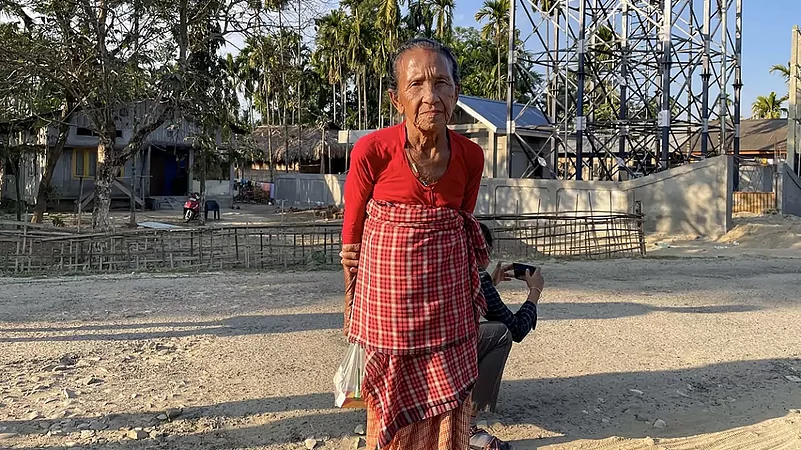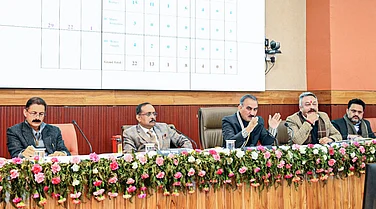Eminent figures across various fields have expressed that the 'cultural identity' of the Assamese community, characterized by a mosaic of tribes and sects bound by a shared legacy, can serve as a unifying force for the people of the state. The importance of perspectives from non-resident Assamese individuals, maintaining connections with the state, was highlighted as a valuable asset for gaining a nuanced understanding of the challenges facing the region, as reported by PTI.
Litterateur and former director general of Assam Police, Kuladhar Saikia, emphasized the need for more writings by individuals rooted in Assam but residing elsewhere, as distance often brings forth fresh perspectives. The launch of journalist Sangeeta Barooah Pisharoty's book, 'The Assamese: A Portrait of a Community,' provided a platform for discussions on cultural identity and its potential to foster unity.
Saikia underscored the vital concept of the 'economics of language,' warning against the dominance of a few languages on the internet that could jeopardize others. Writer Ratna Bharali Talukdar suggested downplaying linguistic differences and harnessing the power of cultural identity as a unifying factor. She also noted the growing discourse on the 'ecological identity' that could bring the entire North Eastern region together.
Pisharoty, sharing insights from her book, aimed to present an 'insider's view from an outsider's perspective,' delving into the history and origins of various cultural aspects that bind the Assamese community. Author Kaushik Barua highlighted the 'cosmopolitan outlook' ingrained in Assamese society, emphasizing its inherent acceptance and assimilation of diverse elements.
Novelist Arupa Kalita Patangia expressed hope that Assamese literature, which has not seen widespread translation, will reach a global audience. Celebrity chef Atul Lahkar, known for promoting Assamese cuisine, urged writers to explore the origin of Assamese culinary traditions, considering it a reservoir reflecting societal growth and changes.




















.png?w=200&auto=format%2Ccompress&fit=max)





